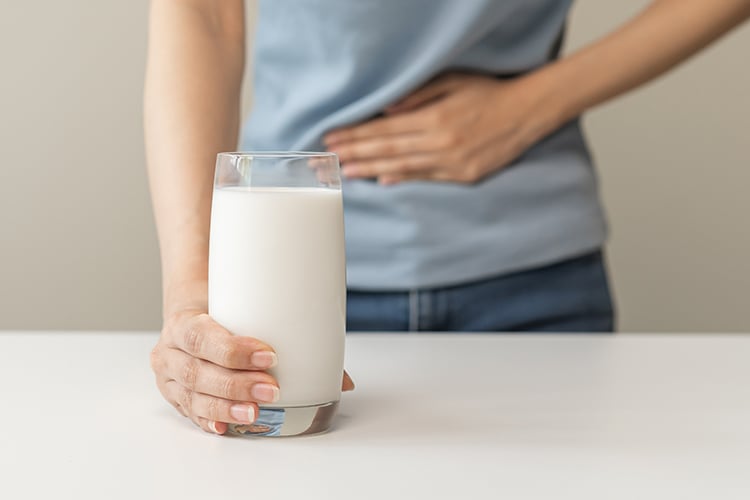
The fact that this nutrient is an important substance for the human body and not a lifestyle product is often overlooked. Our bodies can form taurine in the liver from the amino acids methionine and cysteine with the help of Vitamin B6. So taurine is often described as an amino acid even though it is not a component of the protein. Taurine is mainly found in the retina, heart, brain, skeletal muscles and organs.
The energy drink for the newborn child
In ideal circumstances, we receive our first taurine from breast milk. It is the second most commonly occurring free amino acid and exceptionally important for the newborn child. In contrast to adults, babies can only produce limited taurine as a result of their undeveloped enzyme activity, which is why taurine is classed as one of the conditionally essential nutrients. An infant formula enriched with taurine, such as those produced by HOCHDORF, is therefore an advantage for children who cannot be breast fed.
Important for mind and body
Taurine is involved in numerous processes in the body, such as the healthy development of the retina and light-sensitive photoreceptors in particular. It also protects numerous organs from oxidative stress and therefore from chronic illnesses. Taurine stimulates the immune system and ensures good communication between the neurones in the brain. Taurine has a positive effect on cholesterol levels and makes sure our body can absorb the liposoluble vitamins A, D, E and K.
For adults who have a healthy and balanced diet, taurine deficiency is rare. Meat, seafood, eggs and milk products all contain taurine. However, taurine is recommended for newborn babies to prevent developmental disorders.
Further Information
- Article "Proteins"









Leave a comment